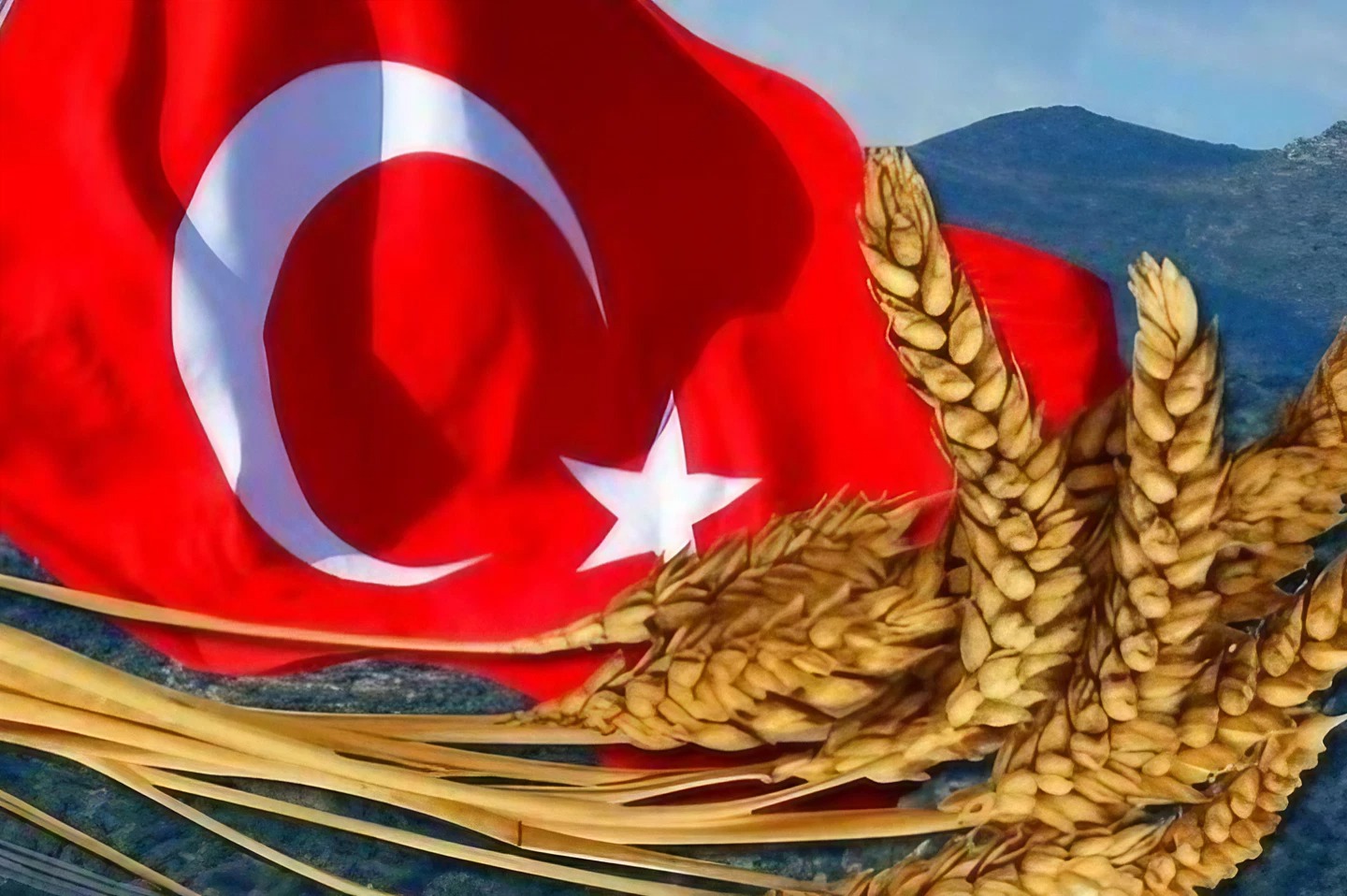Turkish ban on wheat imports will affect the Black Sea market

As of June 10, Ukraine exported 312 thousand tons of wheat. These are mostly contracts that are being closed from last year’s harvest. Currently, importers expect wheat prices to decline due to the approaching new harvest. This was reported by analysts of the agricultural cooperative PUSK, which was created within the VAR.
Currently, there is a gap between supply and demand. “For example, in Bangladesh, the demand price for wheat is $280-285 per ton, while the export price of Ukrainian wheat is $295 per ton. This means that the price gap is about $10. Importers are expecting further price declines as the new harvest is coming soon and stock prices are falling. For example, prices for Russian wheat with a protein content of 12.5% fell from $250 per ton to $246-247 per ton. France reduced prices by $23 per ton last week, and Romanian traders reduced prices by $7-10 per ton last Friday and Monday,” the PUSK said.
An important factor in the market was Turkey’s ban on wheat imports, which is aimed at protecting domestic producers from competition from Ukraine and Russia and will last until October. Turkey is one of the largest grain hubs in the Black Sea, so this ban could have a significant impact on prices, as Turkey was a significant importer of grain from Ukraine, Romania and Russia. Analysts predict that the new harvest may put pressure on prices, which will recover later in the fall. “In June, the first mowing of the new harvest is expected, which will increase supply on the market. This could cause further price declines, with the potential for a $5/ton weekly drop over the next two weeks. Prices could reach the bottom of $170-180 per ton on a CPT basis. However, a gradual rise in prices is expected in the second half of August,” the PUSK said.
Experts note that the global market is expected to see a shortage of wheat supply in the new season. According to forecasts, production in Russia will decrease by 20 million tons, in the EU – by 10 million tons, and in Ukraine – by 2-3 million tons of export potential. This will affect the market in August-September, when supply will decrease and prices will start to rise.
Read also
Wheat in Southern Brazil Impacted by Dry Weather and Frosts
Oilseed Industry. Leaders and Strategies in the Times of a Great Change
Black Sea & Danube Region: Oilseed and Vegoil Markets Within Ongoing Transfor...
Serbia. The drought will cause extremely high losses for farmers this year
2023/24 Safrinha Corn in Brazil 91% Harvested
Write to us
Our manager will contact you soon



